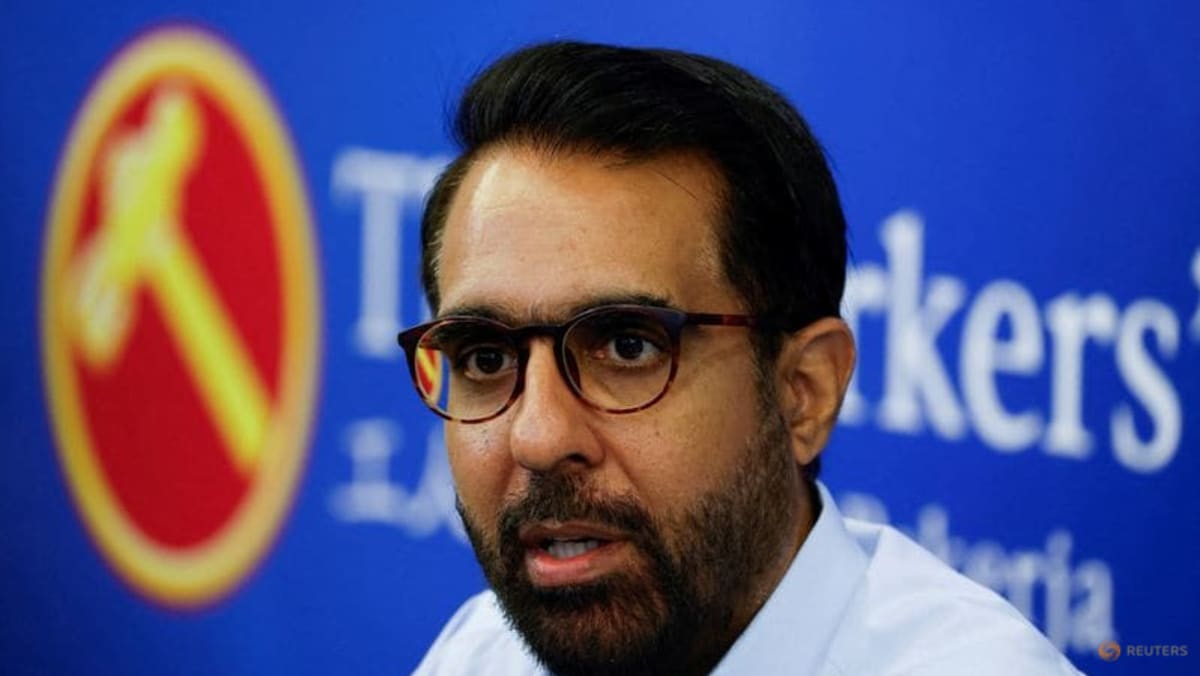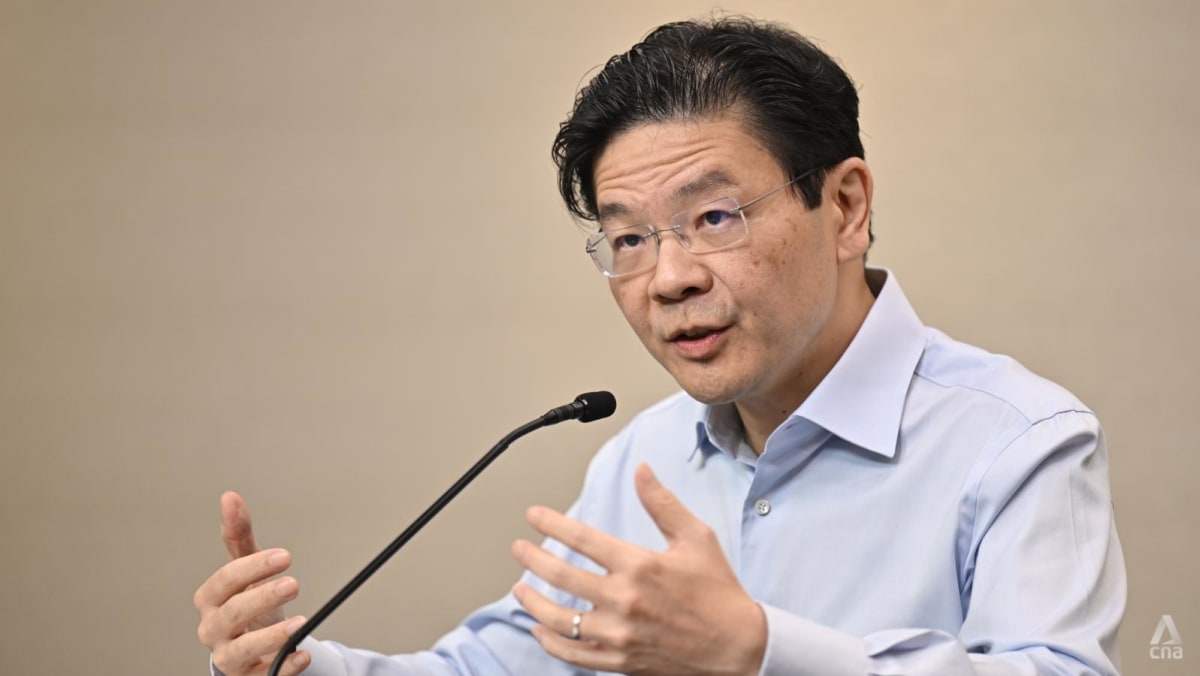Ms Ooi the psychologist suggested that the first step in dealing with a tough feedback session is to acknowledge how one is feeling without judgment.
She also suggested that a person can take time to self-soothe by getting in touch with one’s five senses should feelings be overwhelming.
For example, it may be helpful to listen to one’s surroundings or calming music, go for a guided meditation, or find an outlet to release the emotions in the moment by taking a walk or doing stretches or breathing exercises.
MOVING ON FROM THE CHECK-IN
Once the dust settles after an appraisal, it can be tempting to either dwell on the feedback or push it out of mind entirely.
However, the experts said that building resilience to workplace criticism begins with taking stock of the feedback received and making proactive efforts to engage with areas for growth.
While we are often flooded with heavy emotions because of how we interpret feedback, building resilience to criticism is a gradual process that involves developing a healthy mindset and strengthening emotional intelligence, Mr Tokoara said.
In order for appraisals to be less overwhelming to the people being evaluated, he suggested that they seek regular and constructive feedback such as through quarterly one-on-one chats with a superior, so that improvements can be made throughout the year.
Ms Ooi said that practising self-compassion and developing a healthy relationship with oneself can help one view feedback as an opportunity to improve skills, rather than being overly self-critical.
“Separating feedback from personal identity is key. Understand that criticism is about improving specific areas, not about who you are as a person,” she added.
However, the experts cautioned that not all appraisals may come from a fair or constructive place. Unfair workplace practices or systemic issues can sometimes influence feedback, disadvantaging employees.
Mr Naito advised employees to pay attention to feedback that is inconsistent with earlier appraisals, that is overly vague or mirrored across multiple team members, because these could indicate broader organisational challenges.
In such cases, he suggested that employees proactively discuss their concerns with their manager and propose constructive ideas to resolve systemic issues, which could demonstrate initiative and leadership.
It would also be helpful to keep a record of the challenges and the efforts to address them, which may offer clarity in future discussions, he added.
If feedback seems biased or inconsistent, Ms Ler from Ethos BeathChapman suggested involving a human resources representative to observe and provide an impartial perspective.
Taking notes during the appraisal and reflecting on the feedback afterward may also help workers gain perspective. If any comments seem unfair or unclear, they may request a follow-up discussion to clarify or revisit points.
“By recognising the signs of broader organisational issues and advocating for yourself in a professional and constructive manner, you can balance accepting feedback with standing up for yourself,” Ms Ler added.













